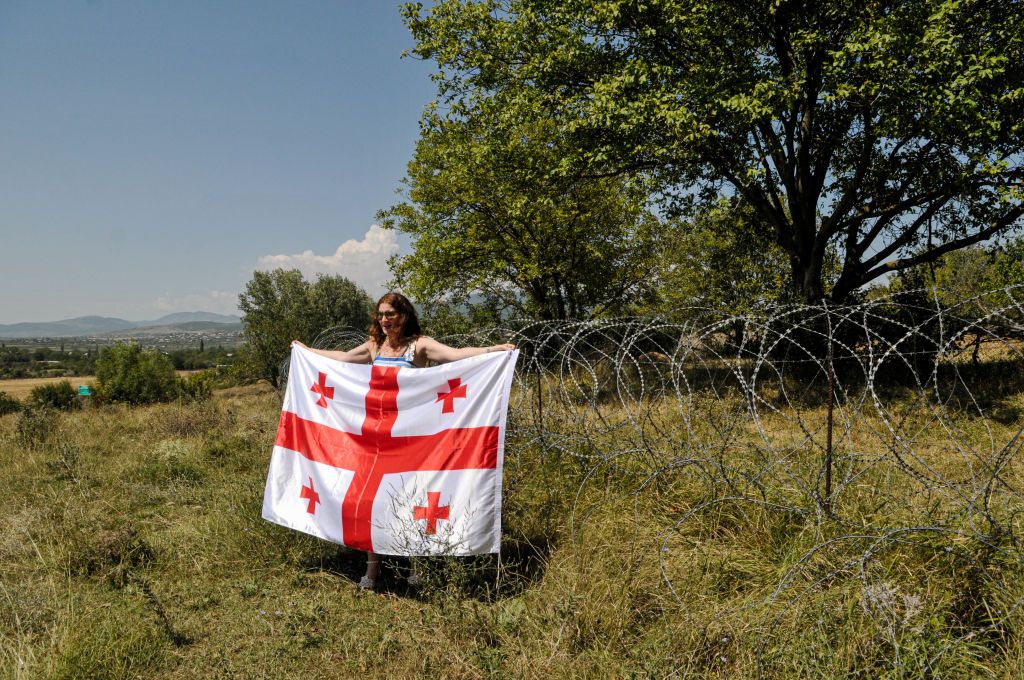Ukraine denies involvement in alleged 'coup plot' in Georgia

Ukraine's Foreign Ministry spokesperson Oleh Nikolenko denied Kyiv's involvement in an alleged coup plot to oust the current Georgian government following Tbilisi's accusations earlier on Sept. 18.
The State Security Service of Georgia claimed that figures close to the imprisoned Georgian ex-President Mikheil Saakashvili are preparing mass protests in October and December at the time when the European Commission is set to announce its decision on Georgia's EU membership application.
The anti-government protests are allegedly meant to oust the Georgian Dream government in a "scenario similar to the EuroMaidan (Revolution)," Bacha Mgeladze, deputy director of the counterterrorism unit of Georgia's State Security Service, said at a press briefing.
Mgeladze said Georgia's former Deputy Interior Minister Giorgi Lortkipanidze, who he alleged is now the deputy chief of Ukraine's military intelligence is behind the plot.
Andriy Yusov, spokesman for Ukrainian military intelligence, said Lortkipanidze never worked as deputy head of the country's intelligence.
The coup is allegedly "being carried out with the coordination and funding from a foreign country," the Georgian security service claimed.
"The information is not true. The current Georgian authorities are once again trying to demonize Ukraine in order to solve its internal political issues," Nikolenko reacted to the allegations.
"The Ukrainian state did not interfere, does not interfere, and does not plan to interfere in the internal affairs of Georgia."
The relations between Ukraine and Georgia have been deteriorating namely due to the Georgian Dream's supposedly pro-Kremlin policies, carried out even though Russian forces continue to occupy Georgian territory in Abkhazia and South Ossetia.
In a diplomatic spat that took place in July, the Ukrainian authorities accused Georgia of mistreatment of imprisoned Saakashvili, who is also a Ukrainian citizen and a former Governor of Odesa Oblast.
Amid fears of pro-Russian leanings and democratic backsliding, the EU decided to withhold membership candidate status for Georgia last year while granting it to Ukraine and Moldova.
This sparked large-scale anti-government protests in Georgia, which aimed to demonstrate the population's support for the country's European aspirations.












